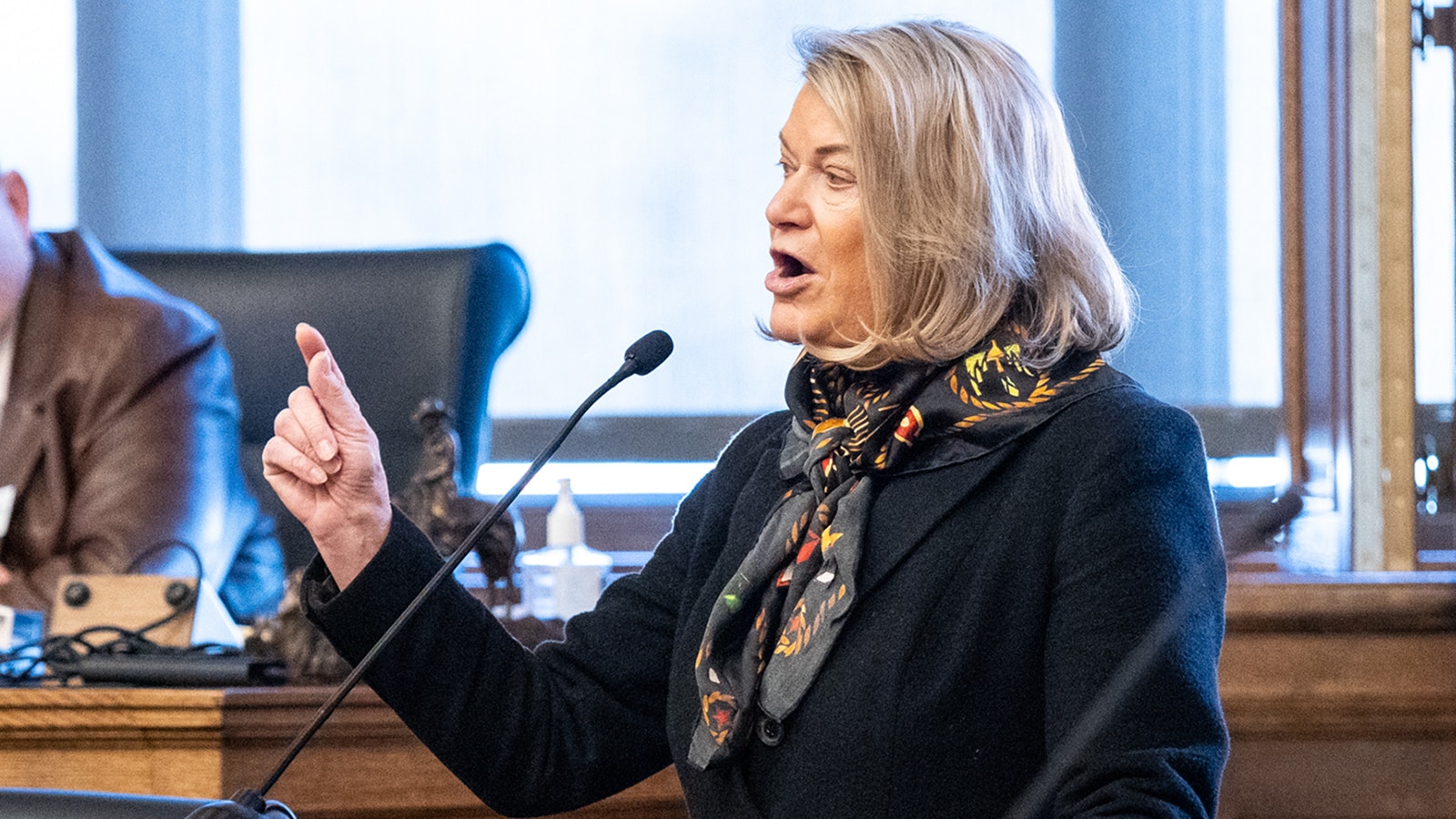Congress enacted the Endangered Species Act (ESA) in 1973 to protect and conserve plant and animal species on the verge of extinction. While the goals of the ESA are laudable, the numbers tell a different story.
Over the past 50 years, only 54 species have been delisted from the ESA and made a full recovery.
In Wyoming and across the West, we’ve seen firsthand how the ham-fisted implementation of the law has negatively impacted landowners with almost no benefit to the species in question. Despite its lukewarm success, the Biden administration is now taking steps to repeal commonsense reforms implemented by President Donald Trump, and I am leading the fight in Congress to oppose these changes.
In 2019, the Department of the Interior under Secretary David Bernhardt took steps to modernize the ESA and improve its implementation.
The ESA includes a tiered classification for at-risk wildlife, affording different protections for “endangered” and “threatened” species. The most restrictive protections are reserved for those designated as endangered, while the ESA gives leeway to federal agencies to create special rules for threatened species on a case-by-case basis.
Instead of utilizing this authority, the U.S. Fish and Wildlife Service escalated every species to the highest level of protection, regardless of classification, under a “blanket rule,” automatically shoving down endangered-level restrictions on lands with a threatened species.
The Biden administration’s decision to repeal its predecessor’s commonsense approach to wildlife conservation won’t improve a species’ ability to recover; it will only drown the West and other regions affected by these onerous regulations in an untenable sea of red tape.
The Trump administration’s 2019 reforms regarding listing and delisting of species and designation of critical habitat were a welcome change. These reforms removed constraints that previously prohibited agencies from researching and sharing the economic impacts of a listing determination under the ESA.
In contrast, the Biden administration’s proposal removes all these flexibilities along with a mandate that the agencies again must designate unoccupied areas of land as critical habitat.
To provide clarity and transparency for landowners and businesses in Wyoming, I introduced a Congressional Review Act (CRA) resolution that passed the Senate with bipartisan support.
Under this resolution, it would retain the Trump administration’s regulatory definition of habitat within the ESA and provide the important distinction between “habitat” and “critical habitat” for an endangered species.
Two-thirds of all endangered species are located on private lands, so private property owners need to be partners in species recovery, not the enemy. This CRA will ensure that landowners are not unfairly targeted by the administration and that habitat designations are based on science, not on politics.
Eliminating these important clarifications will only result in further one-size-fits-all responses benefitting no involved parties, not the least of which is the species in question.
We need to enable landowners and experts on the ground to make sound decisions tailored to meet the specific needs of each state or region, not embolden out-of-touch D.C. bureaucrats to install ill-fitting universal rules.
This is why I led my colleagues, both on the Environment and Public Works Committee and the Senate Western Caucus, in opposing these onerous regulations. Instead of returning the ESA to an overly burdensome and ineffective statute, the Biden administration must prioritize efforts that empower private landowners and other stakeholders to achieve the goal of removing species from the ESA.
Senator Cynthia Lummis, R-Wyoming, is the chair of the Senate Western Caucus and serves as the junior senator from her home state.





